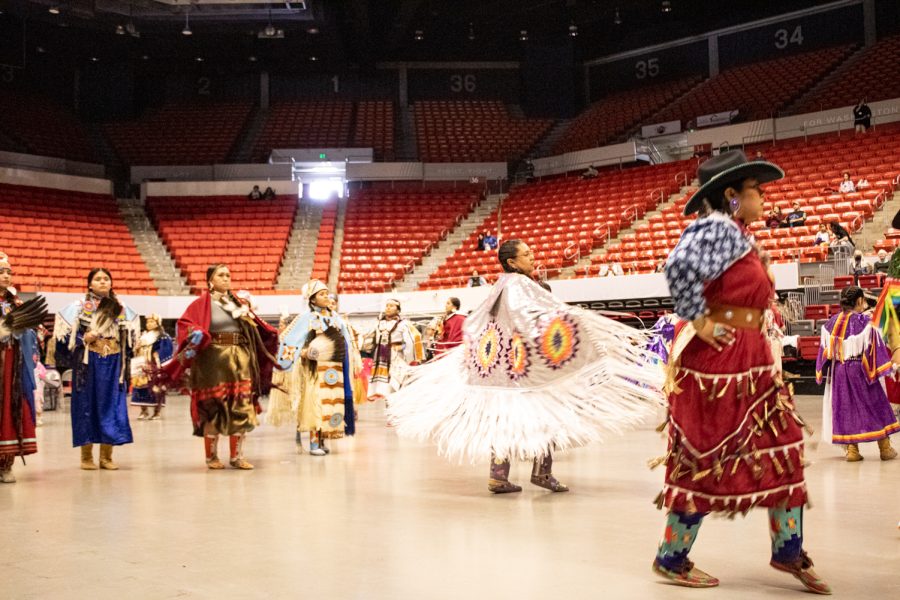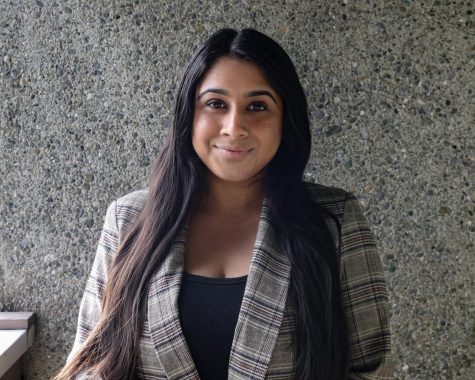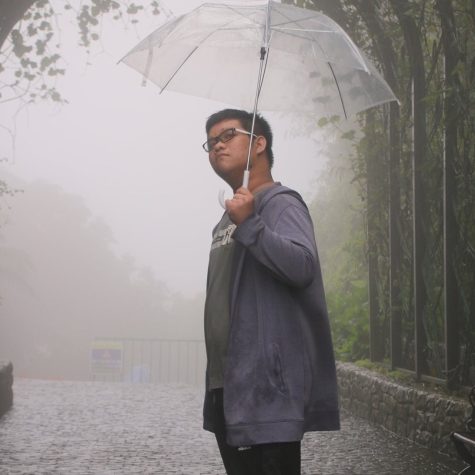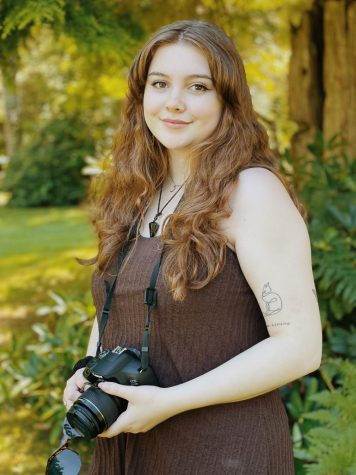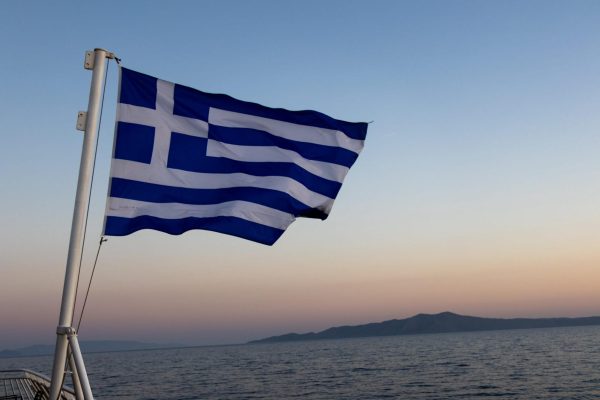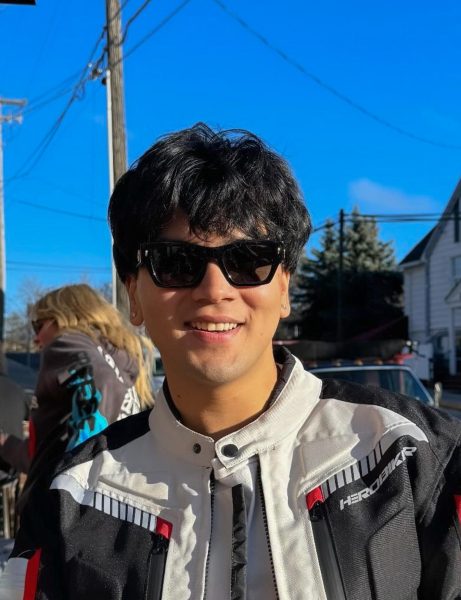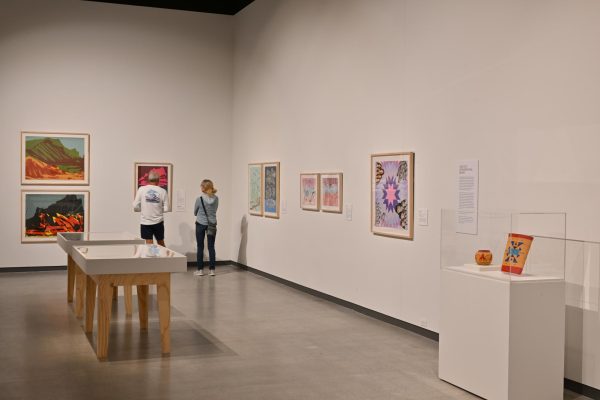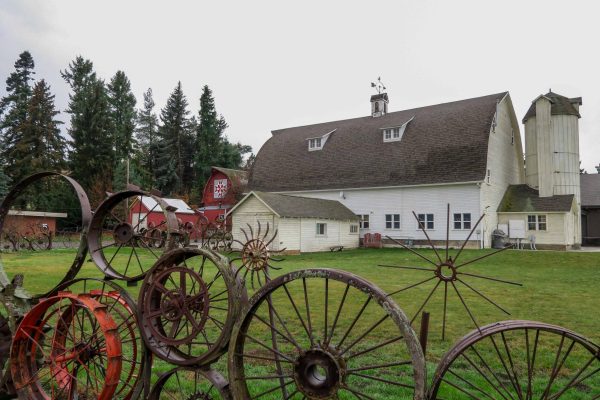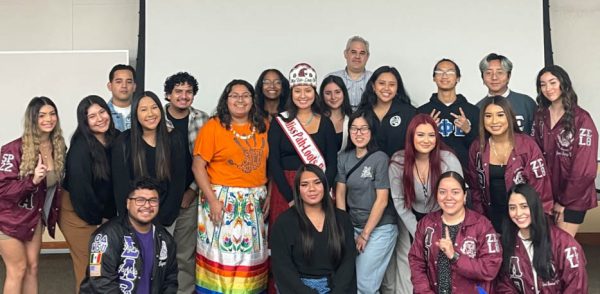Pah-Loots-Puu Powwow is back on the Palouse
Native American students, visitors experience 44th annual Pah-Loots-Puu Powwow
In an introductory performance before the contest, women were asked to take the stage to celebrate woman’s roles through Native American History.
April 14, 2022
On an abnormally snowy Saturday outside of Beasley Coliseum, Native American tribes from all over the region traveled to partake in the 44th annual Pah-Loots-Puu Powwow.
A Powwow is a Native American Indigenous ceremony with various groups coming together to dance and honor the traditions of their ancestors.
This year’s Powwow was put together by Native American Programs, the Native American Women’s Association and Ku-Ah-Mah, Vice president of NAWA Fabian Mondejar said.
Mondejar, a member of the Muckleshoot Indian Tribe, does public relations for Ku-Ah-Mah, a club that “aims to bring together a community to help better understand and [engage] with issues that Native Americans face on and off camp
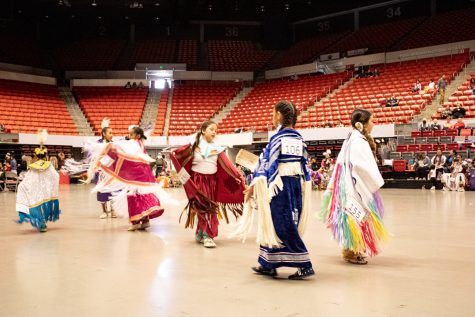
Tiny tots, six and under, compete through traditional dance at Pah-Loots-Puu Powwow, April 9.
us,” according to their website.
He helped with the volunteer committee, arranged evening entertainment, organized Miss Pah-Loots-Puu and helped out where he could during the Powwow.
“I was very, very busy but was able to do some of the social dances, which were really fun for me and fed me spiritually and emotionally. I also got to be a part of grand entry twice,” Mondejar said. “That was so heartwarming.”
The event was organized by Steven Martin, director of Native Student Services, he said.
Participants attended the noon and 6 p.m Powwow; both had a grand entry where the flags of different tribes and the American flag were brought to the middle of Beasley.
During the grand entry, drumming accompanied the entrance song as the dancers’ native tongues filled the air. There were flags of the larger Nez Percé, Spokane and Warm Springs tribes, as well as flags representing smaller tribes held by participants.
After the grand entry, a prayer to honor Native ancestors and veterans swept over Beasley.
Dancing commenced as participants celebrated together in their colorful traditional Native attires.
“I’m pretty content with the turnout. We mashed it down to one day, so I’m happy with how it’s going,” said Nakia Cloud, junior anthropology major. “The Powwow helps bring our people together.”
Cloud was part of the Drummer and Dancer committee and was looking forward to the dance contests set aside.
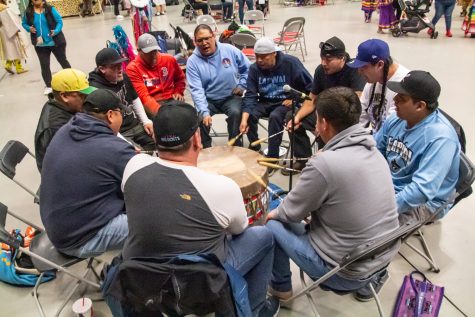
The Lightning Greek from the Nez Percé tribe played the song Intertribal at the Powwow event, April 9.
Many of the participants traveled from different parts of the country to partake in the Powwow, including Matthew Sheka from the Ho-Chunk tribe.
“[The Powwow] is going very smoothly. The committee is very kind to the visitors,” said Sheka, who traveled from Arizona to be there.
Sheka said he initially was going to a tournament in Idaho, but when he learned there was a Powwow in Pullman, he decided to join. He was part of the drumming and was sitting with members of his tribe.
“I hope this event gets bigger next year, especially after COVID,” Sheka said.
Mondejar said Powwows normally take place on Native lands, and because WSU is on Nez Percé land, before the pandemic, around 5,000 participants would join.
“I did not know what to expect, maybe a small turnout or a high turnout,” he said.
Mondejar said he believes the Powwow was not just important for Native Americans, but for non-Natives as well because they are sharing a piece of their culture with them.
“I believe education is important, and being able to educate people about Powwows was really a blessing to me,” he said.
Junior biology major Joey Rosario, said she is a non-Native but wanted to go because she lived on a reservation of the Colville Confederated Tribe in northeast Washington.
“I initially felt awkward after the grand entry because I’m not Native, but I’m happy to be here,” Rosario said.
Mondejar said he is part of many communities, and seeing everyone come together and enjoy the Powwow was amazing for him.
“Just feeling Beasley Coliseum and feeling the energy from everyone, the excitement and joy was really a blessing,” he said.

